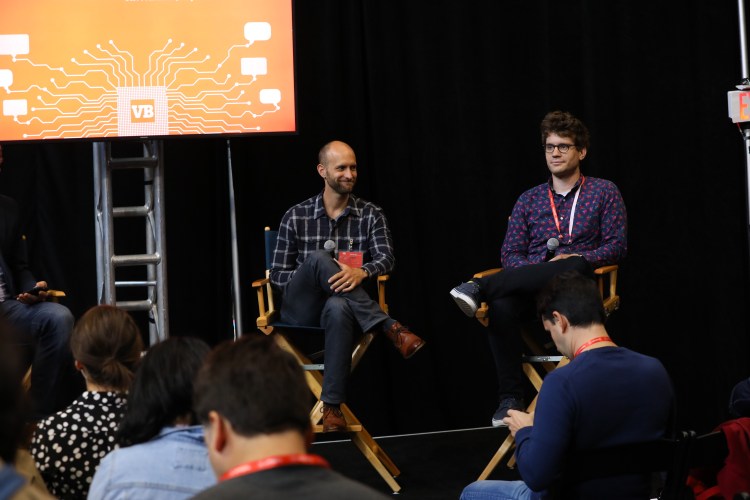Watch all the Transform 2020 sessions on-demand here.
The more content that social networks have to filter through, the tougher the task becomes of showing the most relevant content to each user every time they log on. In a panel at MB 2017, engineers from Instagram and LinkedIn discussed how machine learning at both companies is helping to simplify that work.
Last year, Instagram changed its feed from a reverse-chronological order to something more personalized, making machine-learning based predictions about what users would like and share, said Thomas Dimson, lead data engineer at Instagram. The company tracks a user’s activity, such as likes and shares, to learn over time what kind of content they are most likely to engage with.
LinkedIn, meanwhile, relies on data in profiles as well as interests that a user has expressed to create a personalized feed. “Every time someone comes back to LinkedIn and checks their feed, we’re trying to create a list of what’s most relevant to them in that moment in time,” said Erran Berger, VP of engineering at LinkedIn. “When you do a good job of matching people’s content with their interests, that improves engagement.”
Both companies are managing the complexities of user data on a massive scale, particularly when processing some of that data in real time. “Showing people relevant content is very powerful, but it’s also a big responsibility,” said Dimson. “We’re trying to boil down user happiness into specific metrics.”
June 5th: The AI Audit in NYC
Join us next week in NYC to engage with top executive leaders, delving into strategies for auditing AI models to ensure fairness, optimal performance, and ethical compliance across diverse organizations. Secure your attendance for this exclusive invite-only event.
The panelists also discussed how machine learning has become something of a buzzword, but for companies that embrace its potential, the payoffs can be significant.
“There’s definitely a lot of marketing hype about machine learning, but the types of technologies it can enable are massively insane,” said Dimson. Thanks to innovations like deep learning, he said, “some of the hardest problems in AI are getting easier. That’s making it easier for more people to become AI practitioners, and I think that’s a good thing.”


